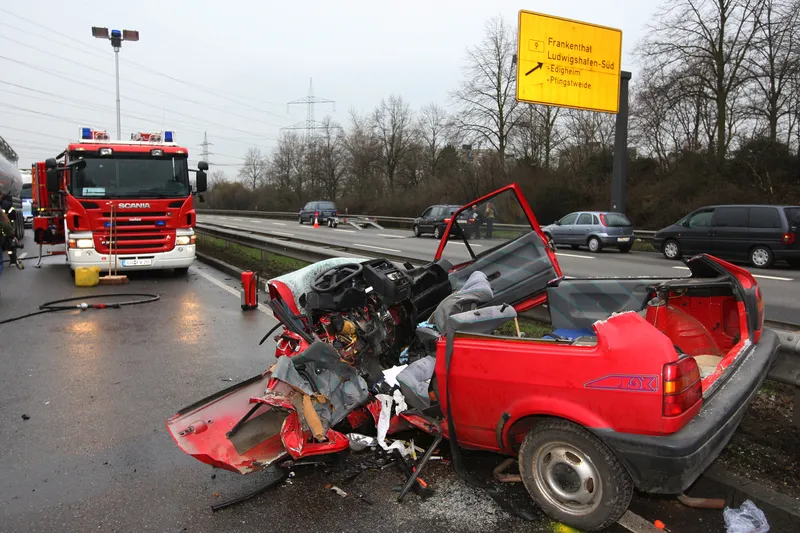The Inrix National Traffic Scorecard Annual Report 2014, which analyses and compares the status of traffic congestion in countries and major metropolitan areas worldwide, reveals that congestion levels rose in over half (53%) of European cities. As economies start to recover from the recession of 2007-2013 and employment levels begin to rise, congestion is increasing.
Congestion in European cities decreased in the first and second quarters of 2014 when compared with the previous year, by four per cent pe
August 24, 2015
Read time: 2 mins
The 163 Inrix National Traffic Scorecard Annual Report 2014, which analyses and compares the status of traffic congestion in countries and major metropolitan areas worldwide, reveals that congestion levels rose in over half (53%) of European cities. As economies start to recover from the recession of 2007-2013 and employment levels begin to rise, congestion is increasing.
Congestion in European cities decreased in the first and second quarters of 2014 when compared with the previous year, by four per cent per quarter. The third quarter then saw a 12 per cent increase in congestion, with the final quarter seeing an 8 per cent reduction when compared with 2013. This is reflective of the overall instability of economies in most European countries in 2014, with growth happening in spurts but lacking momentum.
Overall, the report finds that of the European countries analysed, only five of 13 countries saw reduced congestion figures in 2014: Belgium, Netherlands, Austria, Italy and Hungary all saw reductions between 12 and 50 per cent, while Germany, Luxembourg, Switzerland and Ireland all saw congestion increase by between six and 16 per cent. The UK, France, Spain and Italy all maintained levels of congestion overall.
London became Europe’s most congested city in 2014 with drivers spending 96 hours in traffic, followed by Brussels and Cologne, where drivers logged 74 and 65 hours in traffic respectively.
Drivers in Merseyside, Freiburg im Breisgau, Frankfurt am Main and Greater Belfast fared the best, spending only 37 hours in traffic.
Looking ahead, Inrix claims that tackling congestion will support economic growth, but reducing congestion does not mean simply adding lane miles in the metropolitan areas or by improving toad quality. Smarter, data-based solutions will have a significant impact on congestion in the longer-term and we need to keep this momentum going today if we are to avoid the grid-locks of tomorrow.
Congestion in European cities decreased in the first and second quarters of 2014 when compared with the previous year, by four per cent per quarter. The third quarter then saw a 12 per cent increase in congestion, with the final quarter seeing an 8 per cent reduction when compared with 2013. This is reflective of the overall instability of economies in most European countries in 2014, with growth happening in spurts but lacking momentum.
Overall, the report finds that of the European countries analysed, only five of 13 countries saw reduced congestion figures in 2014: Belgium, Netherlands, Austria, Italy and Hungary all saw reductions between 12 and 50 per cent, while Germany, Luxembourg, Switzerland and Ireland all saw congestion increase by between six and 16 per cent. The UK, France, Spain and Italy all maintained levels of congestion overall.
London became Europe’s most congested city in 2014 with drivers spending 96 hours in traffic, followed by Brussels and Cologne, where drivers logged 74 and 65 hours in traffic respectively.
Drivers in Merseyside, Freiburg im Breisgau, Frankfurt am Main and Greater Belfast fared the best, spending only 37 hours in traffic.
Looking ahead, Inrix claims that tackling congestion will support economic growth, but reducing congestion does not mean simply adding lane miles in the metropolitan areas or by improving toad quality. Smarter, data-based solutions will have a significant impact on congestion in the longer-term and we need to keep this momentum going today if we are to avoid the grid-locks of tomorrow.








